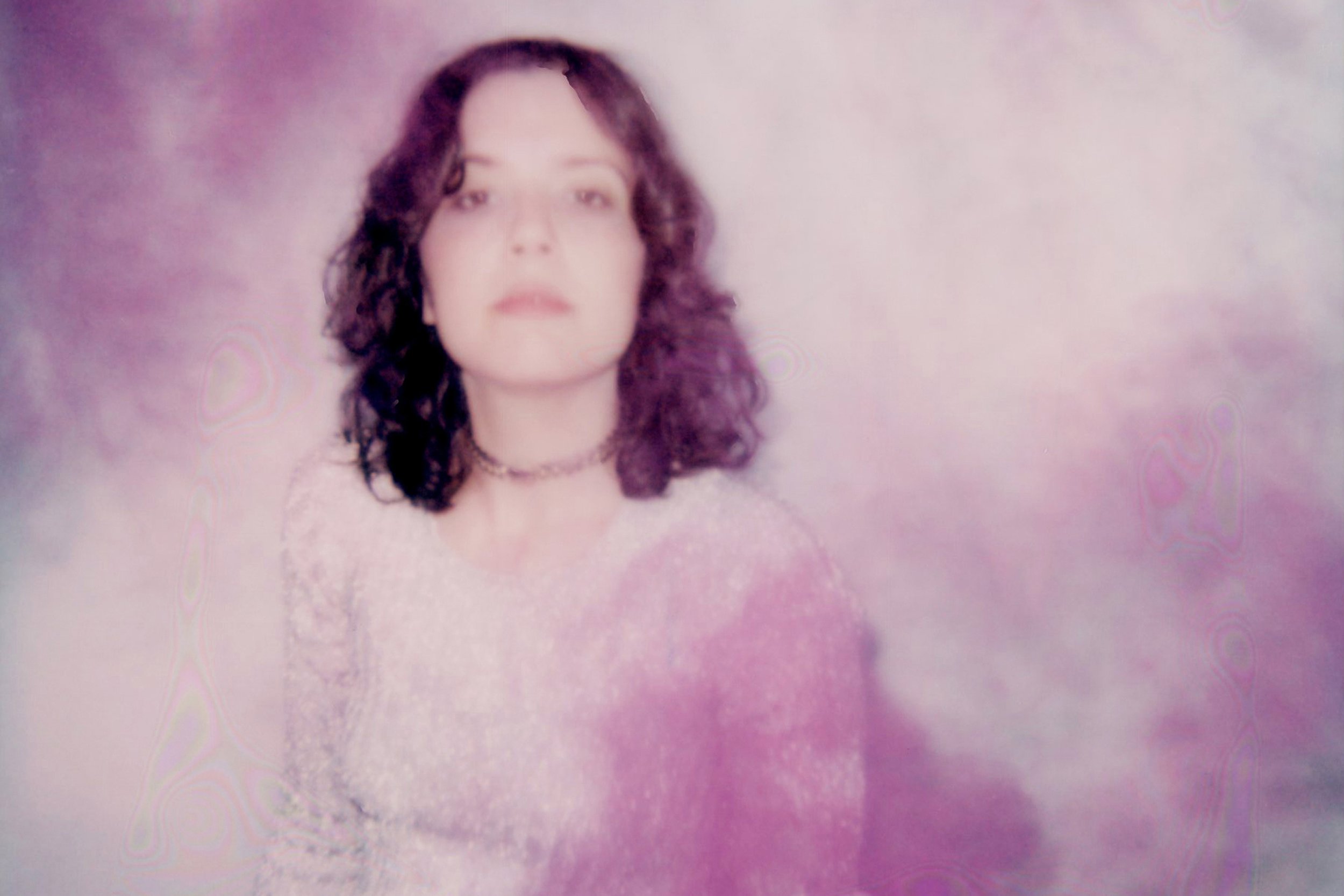TRISTEN
“When you have a child, you begin to think about, ‘What do I want to tell him? What's important to pass on?’,” Tristen asks herself. “Stories of love. That's ultimately where art holds its lasting influence and lives on through generations, despite the corruption and violence surrounding it. All we can do is create a message worthy of our ancestors, heroically honest, while working on ourselves enough to break the cycle. At the end of the day, we have to look inward.”
Meditations on the human condition — the patterns of behavior we’ve inherited, whether we’re conscious of them or not — and stories of love in all its complicated forms abound on Tristen’s fourth album Aquatic Flowers. Out June 4th on Mama Bird Recording Co., Aquatic Flowers brims with incisive pop-folk tracks ruminating on the ways we attempt to feel in control in a chaotic world, the past that informs us, and how to let go in order to grow.
Making rock and roll music in Nashville, the mononymous songwriter has established herself as a prolific and introspective musician over the past decade. With a "knack for penning an infectious hook" (Entertainment Weekly), she has collaborated with artists like Vanessa Carlton (she co-wrote Carlton’s latest album Love is an Art) and Jenny Lewis (playing in the Voyager touring band), and opened to critical acclaim for artists ranging from Robyn Hitchcock to Television.
Her 2011 debut Charlatans at the Garden Gate earned her praise as “Nashville’s best-kept secret” (The Boston Globe) and was recorded at Battletapes in Nashville; while 2013’s CAVES, a collaboration with Stephen Hague, recast her as a “synth pop siren” (SPIN). Recorded at home, her most recent album, 2017’s Sneaker Waves, was praised for its “Nilsson-worthy power balladry” (Rolling Stone).
Aquatic Flowers finds Tristen further honing her deft ability to craft “hooky arrangements that tickle the ear and won’t leave your brain alone” (NPR). Her own interest in examining the human psyche runs like a current through each track, as if your therapist could distill complex emotions through pop melodies and an electric guitar.
“This record, I had a real desire to not overcomplicate things, to get really close to what I have given in the past to my demos, which for me, is the most inspired time of making something, right in the beginning, feeling it the most at that moment because you just wrote it and it’s on your mind.”
She and her husband Buddy Hughen, a collaborative fixture in Tristen’s touring band and occasional writing partner, recorded and produced the record in their home studio, which they’ve fittingly named Tight Squeeze, where Hughen has also recorded and produced artists like Robyn Hitchcock and Sun Seeker.
“Buddy and I grew up together; we met right out of university and moved to Nashville within six months of each other to find our way as artists. He moved from Boston with his band. I came to write songs by myself. We fell in love over all the unspoken connections, but we also created this language, a trust of ideas between us, drunk on the luck of having a lot in common, like the kind of music we wanted to put into the world and the expectations of taking up that space.”
The resulting record carries this immediacy and intimacy. Against jangly, sunny guitarwork from Hughen, Tristen’s exacting pop melodicism and perceptive, poetic lyrics shine even when they reach into darker depths of the human psyche.
“Complex” is a pop portrait of the ways in which someone’s patterns of self-sabotage can plague a relationship. The deceptively sweet melody of “Hothouse Flower” delivers a biting indictment of privilege and narcissism and envying someone else’s suffering. “Julian” (co-written with Pebe Sebert), an intimate lullaby akin to Lennon’s “Beautiful Baby Boy”, was written in the early hours with Tristen’s infant son asleep in her arms. It meditates on the ways in which motherhood doesn’t spell the end of a woman’s life, rather, the beginning of a new one.
“Athena” (co-written with Lera Lynn) pays powerful tribute to a common, yet forgotten archetype of a woman, too often written from a man’s point of view; while “Story of Love” is a bright, mid-tempo ode to cautious optimism, an acknowledgement that we can create change on a personal level when the chaos of the world feels too vast and overwhelming.
“We have very limited power outside of ourselves, but there's so much power that you have inwardly. There’s a psychological revolution that needs to happen within us,” Tristen says. With Aquatic Flowers, Tristen crafts an album that confronts the problems that currently plague us while keeping her attention optimistically fixed on the stories of love that have the power to save us.
TOUR DATES
LINKS
LISTEN
SHOP
VIDEO













CONTACT
LABEL: Vincent Bancheri, Eric Loeffler
MANAGEMENT: Reed Watson
BOOKING: Rachel Doe
PUBLICITY (US): Ken Weinstein, Michael Eisele
RADIO: Rupam Sofsky
LICENSING: Vincent Bancheri, Emilee Booher











